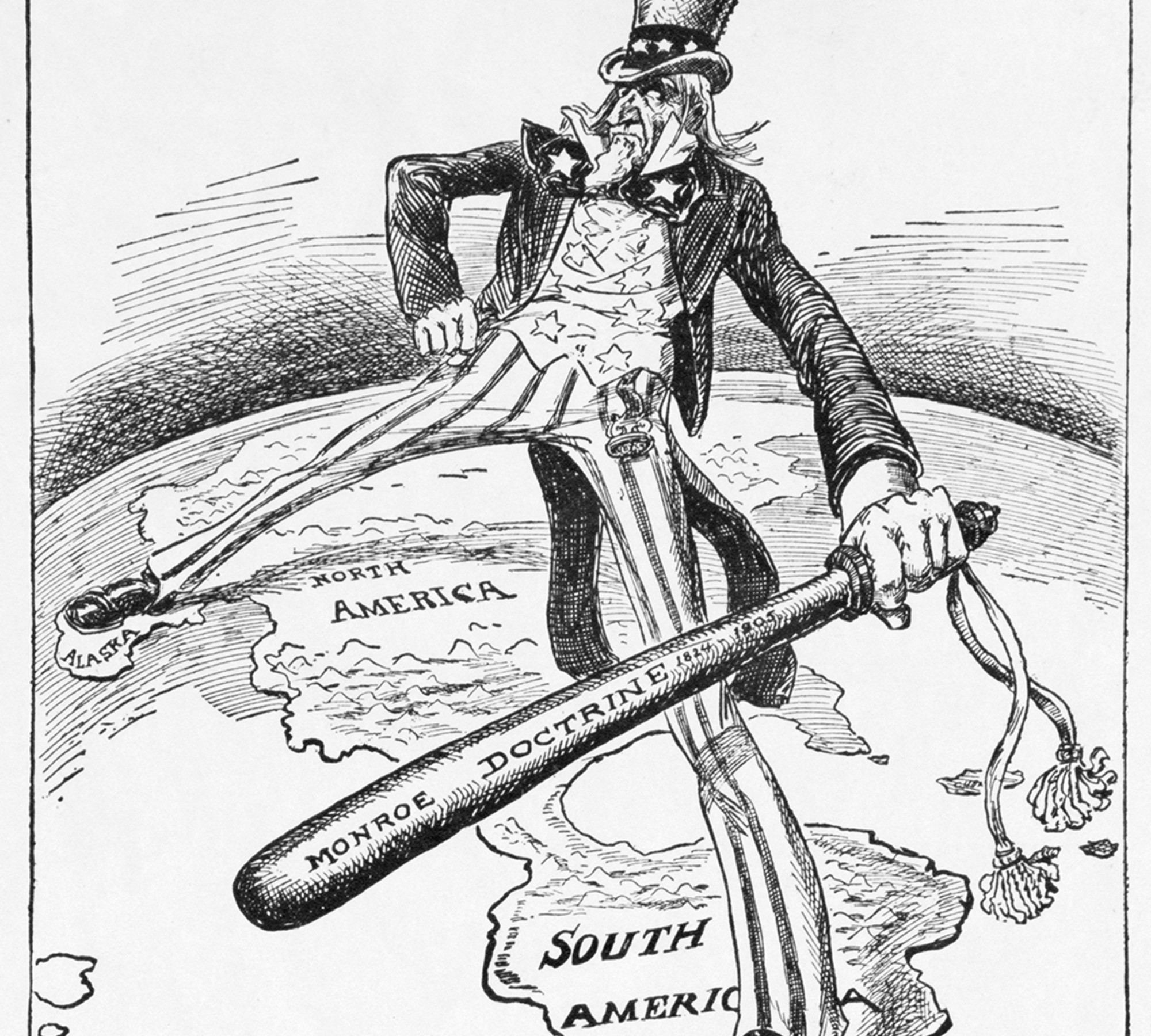Matt Hancock’s Pandemic Diaries: a ‘fundamentally dishonest’ write-up?
The former health secretary has released his account of the government’s response to the pandemic

A free daily email with the biggest news stories of the day – and the best features from TheWeek.com
You are now subscribed
Your newsletter sign-up was successful
“Standing in my kitchen in Suffolk after a quiet New Year’s Eve, I scanned my copy of The Times for clues as to what might be lurking around the corner. The only thing in my patch was a news-in-brief item about a mystery pneumonia outbreak in China.” So reads the opening entry of Matt Hancock’s Pandemic Diaries, which were published this week and serialised in the Daily Mail.
This is, no doubt, an “unvarnished and searingly honest account of what really went on behind the scenes”, said Michael Deacon in The Daily Telegraph. “Voters will at last be able to see which key government figures were to blame for any failings in the UK’s response – and which noble, unfairly maligned heroes were ahead of curve right from start.”
In that opening entry, for instance, the then health secretary makes a mental note to focus on this emerging virus, and raises it soon after with the prime minister. “You keep an eye on it,” Boris Johnson says breezily. “It will probably go away like all the others.”
The Week
Escape your echo chamber. Get the facts behind the news, plus analysis from multiple perspectives.

Sign up for The Week's Free Newsletters
From our morning news briefing to a weekly Good News Newsletter, get the best of The Week delivered directly to your inbox.
From our morning news briefing to a weekly Good News Newsletter, get the best of The Week delivered directly to your inbox.
Everyone else to blame
This is Hancock’s attempt to get his defence in first, said Ben Spencer in The Sunday Times. Everyone else, he says, was to blame for what went wrong: GPs, Public Health England, Dominic Cummings. Crucially, he claims that Simon Stevens, then head of NHS England, was responsible for the decision to move patients from hospital wards into care homes without testing; 20,000 deaths had been recorded in care by the end of May 2020.
This is, at best, highly questionable. Hancock also says that care-home owners unscrupulously allowed Covid-infected staff to work. This claim has also been furiously denied: “the sector is up in arms”, according to one care-home owner.
Hard to judge the truth
It’s hard to judge the truth of Hancock’s claims, said Sam Leith in The Spectator. Those will be evaluated by the Covid inquiry, and by historians. What’s clear, though, is that the book is written in a “fundamentally dishonest” way. It’s an example of “a particularly shabby new non-fictional form: the ‘diary’ written in retrospect”.
By the admission of the publisher, it isn’t a diary at all; it has been cooked up by Hancock with the political journalist Isabel Oakeshott. We should recognise this for what it is: “a hazy and self-serving after-the-event write-up”.
A free daily email with the biggest news stories of the day – and the best features from TheWeek.com
It’s also vomit-inducing, said Kevin Maher in The Times. “What price love?” begins the section which ends in his resignation, as Hancock attempts to turn his “infamous breaching” of social distancing guidelines with his adviser Gina Coladangelo into one of the great love stories of our time. Will the public buy his defence? We shall see.
-
 Climate change has reduced US salaries
Climate change has reduced US salariesUnder the radar Elevated temperatures are capable of affecting the entire economy
-
 6 gorgeous homes in warm climes
6 gorgeous homes in warm climesFeature Featuring a Spanish Revival in Tucson and Richard Neutra-designed modernist home in Los Angeles
-
 Russia’s ‘cyborg’ spy pigeons
Russia’s ‘cyborg’ spy pigeonsUnder the Radar Moscow neurotech company with Kremlin-linked funding claims to implant neural chips in birds’ brains to control their flight, and create ‘bio-drones’
-
 Why the Gorton and Denton by-election is a ‘Frankenstein’s monster’
Why the Gorton and Denton by-election is a ‘Frankenstein’s monster’Talking Point Reform and the Greens have the Labour seat in their sights, but the constituency’s complex demographics make messaging tricky
-
 Greenland: The lasting damage of Trump’s tantrum
Greenland: The lasting damage of Trump’s tantrumFeature His desire for Greenland has seemingly faded away
-
 Minneapolis: The power of a boy’s photo
Minneapolis: The power of a boy’s photoFeature An image of Liam Conejo Ramos being detained lit up social media
-
 The price of forgiveness
The price of forgivenessFeature Trump’s unprecedented use of pardons has turned clemency into a big business.
-
 Reforming the House of Lords
Reforming the House of LordsThe Explainer Keir Starmer’s government regards reform of the House of Lords as ‘long overdue and essential’
-
 The ‘mad king’: has Trump finally lost it?
The ‘mad king’: has Trump finally lost it?Talking Point Rambling speeches, wind turbine obsession, and an ‘unhinged’ letter to Norway’s prime minister have caused concern whether the rest of his term is ‘sustainable’
-
 ICE: Now a lawless agency?
ICE: Now a lawless agency?Feature Polls show Americans do not approve of ICE tactics
-
 Dominating the Americas
Dominating the AmericasFeature President Trump has revived the 19th-century Monroe Doctrine to justify his aggressive foreign policy.